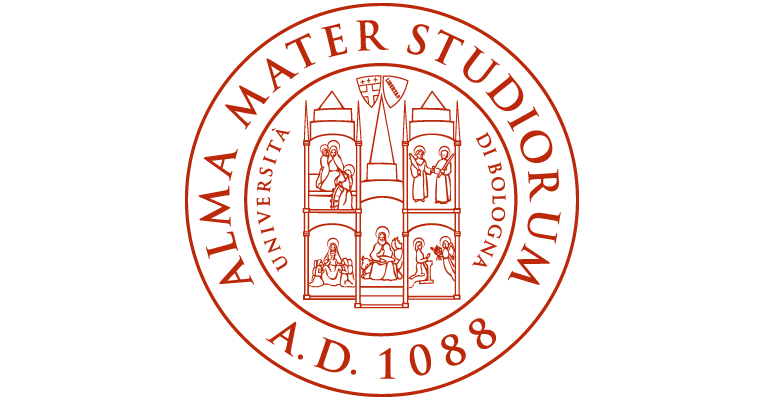Phase 1 (Process/Thread/Messages control blocks) test execution
 Phase 2 (Scheduling, interrupts, deadlock detection and SSI) test execution
Phase 2 (Scheduling, interrupts, deadlock detection and SSI) test execution

A kernel for the ARMv7 processor with message passing architecture.
Developed as operating system course project at University of Bologna during year 2016/2017.
A little implementation guide can be found here.
Professor Renzo Davoli provided test files which are compiled with the project.
A CMakeLists.txt is provided with the source code.
Running cmake . in the same directory will automatically create a makefile then running make will build the test binaries using the cross compiler toolchain.
The binaries test1 and test2 will be generated in ./dist/.
The GNU ARM Embedded Toolchain and cmake are compiling dependencies.
Test binaries must be loaded and run on the uARM emulator as described in its documentation.
Riccardo Maffei riccardo.maffei@studio.unibo.it
Teresa Signati teresa.signati@studio.unibo.it
Federico Bertani federico.bertani@studio.unibo.it
Oleksandr Poddubnyy oleksandr.poddubnyy@studio.unibo.it
Contains some test scripts from Professor Renzo Davoli and a list.h subset from the linux kernel.
This software is released under the GNU GPL v2.0 license.
This project contains a subset of list.h from the linux kernel released under GPL v2.0.
A copy of the license is provided in the LICENSE file.
Copyright (C) 2017 Riccardo Maffei, Teresa Signati, Federico Bertani, Oleksandr Poddubnyy.
This program is free software: you can redistribute it and/or modify it under the terms of the GNU General Public License as published by the Free Software Foundation, either version 2 of the License, or (at your option) any later version.
This program is distributed in the hope that it will be useful, but WITHOUT ANY WARRANTY; without even the implied warranty of MERCHANTABILITY or FITNESS FOR A PARTICULAR PURPOSE. See the GNU General Public License for more details.
You should have received a copy of the GNU General Public License along with this program. If not, see http://www.gnu.org/licenses/.
